© 2022 All rights reserved Worktop Library
Ceramic worktops constitute the pinnacle of state-of-the-art kitchens today. A cost-effective material with high customisability, recyclability, and fuss-free cleaning/maintenance, ceramic is a popular choice for homeowners across the UK. Also, the captivating beauty of ceramic worktops sets them apart from other worktop choices. The intricate patterns and designs can mimic natural materials like marble and quartzite without the associated costs or maintenance hassles. They can be custom-made with solid colours, chic homogenous patterns, and sophisticated contemporary styles for the modern designer kitchen. Many luxurious/glossy finishes and understated or minimalist finishes cater well to all tastes and preferences.
How are Ceramic Worktops Manufactured?
To understand the properties of ceramic worktops, one should be aware of how they are manufactured. We outline the process in the following steps: –
- Natural minerals like clay, feldspar, and quartz undergo purification, pulverisation, and mixing to form a homogenous paste.
- Thereon is poured into moulds or slabs and subject to exact humidity and temperature levels for quick drying.
- Once they dry, the slabs or extra-large ceramic tiles undergo a kiln fire at scorching temperatures (1200 to 1400 degrees Celsius). This leads to sintering, wherein the ceramic particles interlock to form an extremely dense and impervious surface.
- The next step is glazing, which may or may not conduct depending on the need. Here, an additional layer of ceramic or glass is fired on the surface.
- Finally, the manufacturer saws, grinds and finishes the slabs before shipping them to the kitchen worktops supplier.
Unfolding the Advantages of Ceramic Worktops
Due to their meticulous engineering and rigorous manufacturing process, ceramic countertops possess favourable properties. Homeowners often misconceive the fragility of ceramic dinnerware to be like ceramic worktops. This is an outright conception because the design, thickness, and manufacturing process are entirely different. Ceramic cups/plates are significantly thinner and use slip casting, which hardens the material but leaves air pockets, causing breakability. Ceramic worktops, on the other hand, are incredibly thick, dense, kiln-hardened, and sintered to remove all air pockets and ensure physical durability. The various advantages of ceramic worktops are as follows: –
Stain Resistant
Be it wine, coffee, ketchup, liquid or food spilt on ceramic surfaces, you can easily wipe these without a stain. You can dislodge spills with a wet sponge and soap.
Non-Porous and Hygienic
The kilning and sintering of ceramic worktops ensure zero porosity and a rigid, dense surface. Hence, there is no scope for microbes thriving in these worktops. In the realm of worktop hygiene, ceramic is easily the top contender.
Eco-Friendly
If you enquire about the most eco-friendly kitchen surface, a professional kitchen worktops supplier will tell you that ceramic is the right choice. It has all-natural mineral constituents that are readily available in nature. You can recycle ceramic worktops during kitchen renovation without worrying about toxic waste generation. Overall, the carbon footprint of ceramic surfaces is one of the lowest compared to other kitchen countertop materials.
Simple Cleaning
Ceramic countertops’ highly impervious and hardened surface makes them extremely easy to clean. A simple soap and water solution is enough for daily wiping. An all-purpose cleaner and soft brush can dislodge dried-up spills and grease.
Zero Maintenance
Unlike natural worktop surfaces that require periodic sealing and polishing, ceramic surfaces do not need long-term maintenance.
Physical Resilience
Ceramic worktops are extremely scratch-proof and can withstand the rigour of day-to-day kitchen activities. The probability of getting cracked or dented is significantly lower if there is no unduly physical solid impact.
Heat Resistant
The heat resistance of ceramic worktops is top-notch because it was subject to incredibly elevated temperatures during its manufacturing process.
UV Resistant
Compared to countertop materials that fade with prolonged sun exposure in well-lit kitchens, ceramic worktops retain their original sheen even after years of use.
Things to Know Before Investing in Ceramic Worktops
Even though ceramic worktops are exceptionally durable, you should avoid placing weighty objects on them. Also, we recommend using cutting boards, tripod stands, and thick mats to ensure longevity. Avoid using highly acidic or extremely corrosive cleaners on ceramic surfaces. Also, regarding the ceramic worktop installation, it is best to ask your kitchen worktop supplier to send an expert installation team instead of attempting it alone.
Conclusion
Ceramic kitchen worktops have had an indelible impact on modern-day kitchen interiors. Today, homeowners usually lack the time and resources to seal regularly and polish kitchen worktops. Ceramic worktops are cost-efficient, highly functional, and hassle-free eventually. With an enormous range of colours, designs, and patterns, ceramic countertops easily cater to various décor choices and kitchen designs.
Author:

Alan Nussbaum
Meet Alan Nussbaum, our Sales and Marketing Manager. With almost two decades of experience, Alan’s impressive track record includes creating one of the first online stone companies in 2012 and pioneering the acceptance of cryptocurrencies in construction in 2018 before co-founding The Worktop Library with Maria.
Alan’s work is featured in numerous Stone and Home Decor magazines. In addition, he collaborates with the industry’s leading stone brands, cementing his reputation as an innovator.
Before starting a thriving career in the stone industry, Alan honed his skills by overseeing luxury fashion brands such as Burberry, Matches Fashion, and Patrick Cox. With his unique blend of experience and expertise, Alan is a true trailblazer in the stone worktop industry. His passion for delivering exceptional service is evident in every aspect of his work.
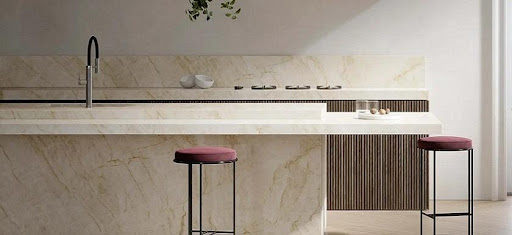
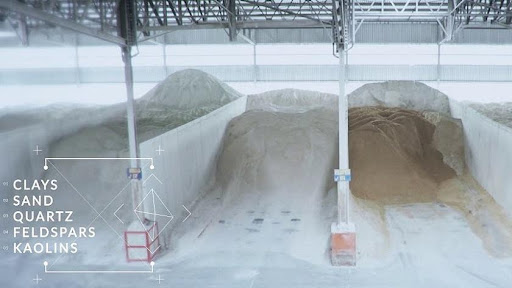
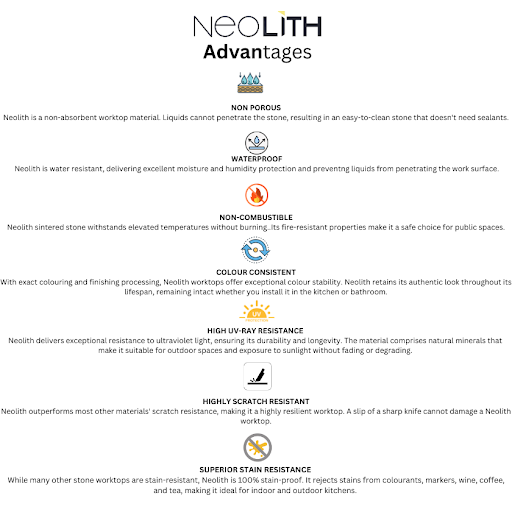
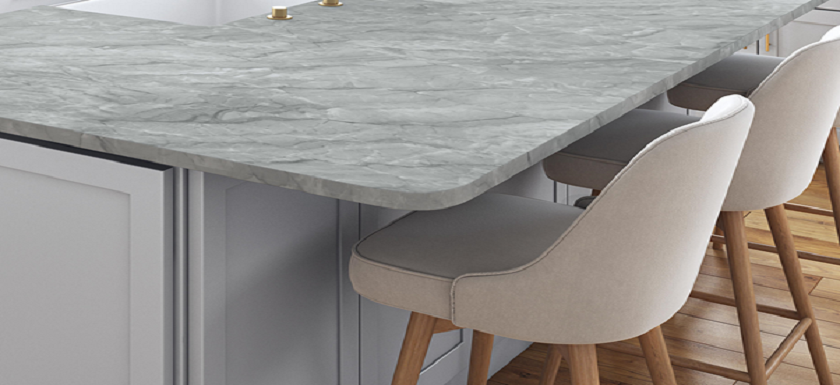 Apr 16 2021
Apr 16 2021 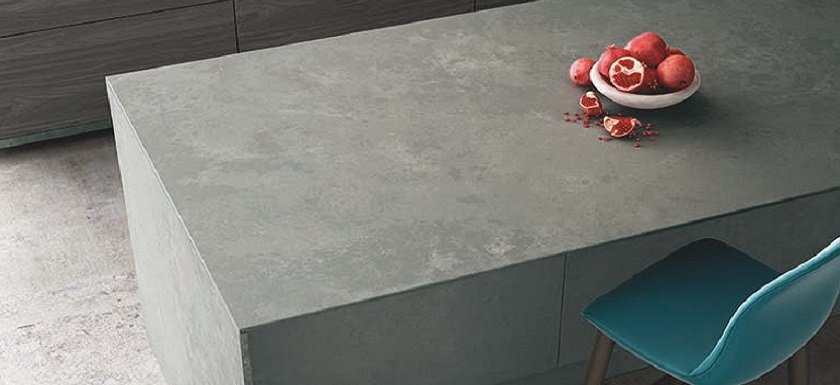 Apr 19 2021
Apr 19 2021  May 05 2021
May 05 2021 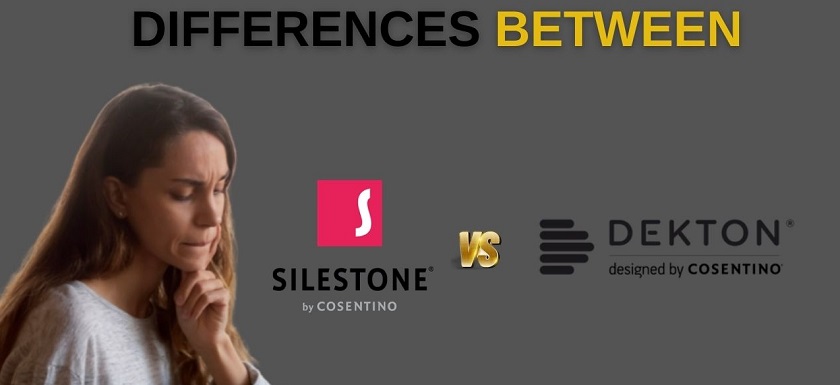 May 07 2021
May 07 2021 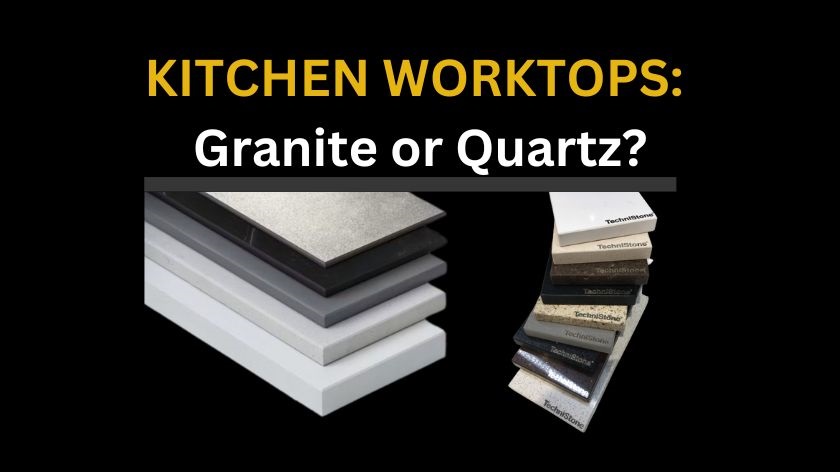 May 15 2021
May 15 2021  May 17 2021
May 17 2021 